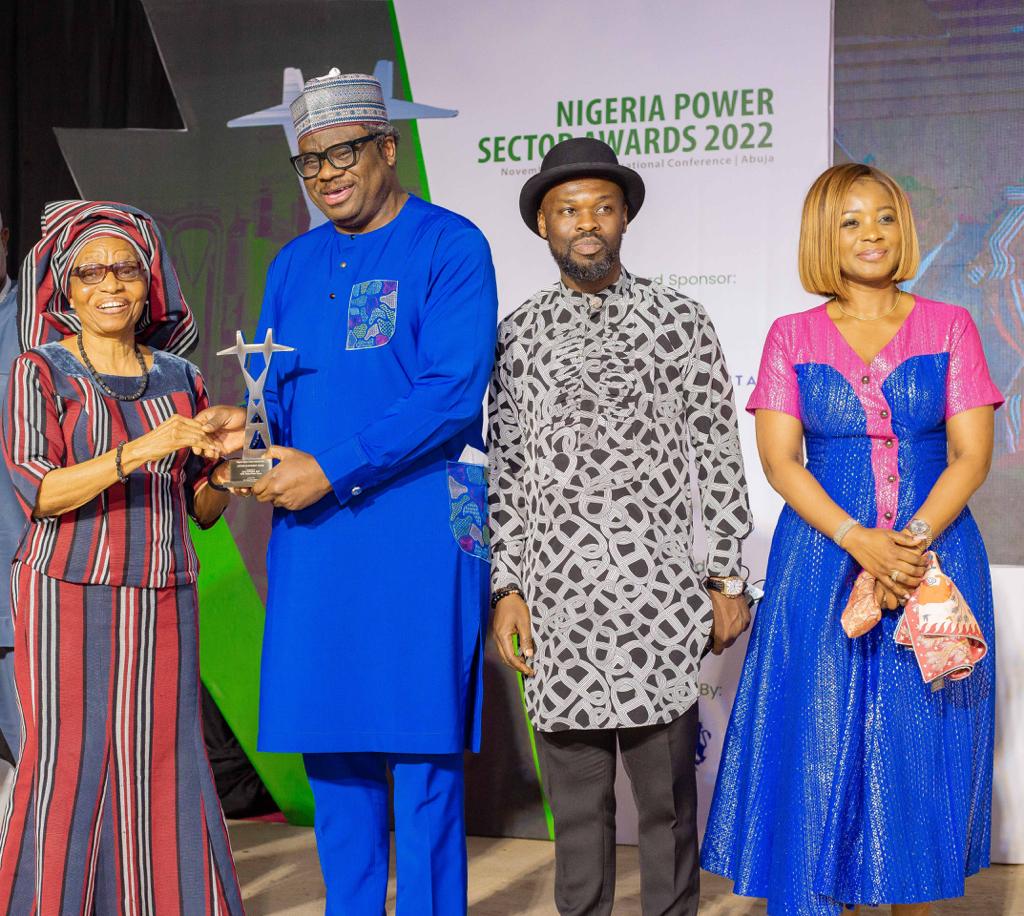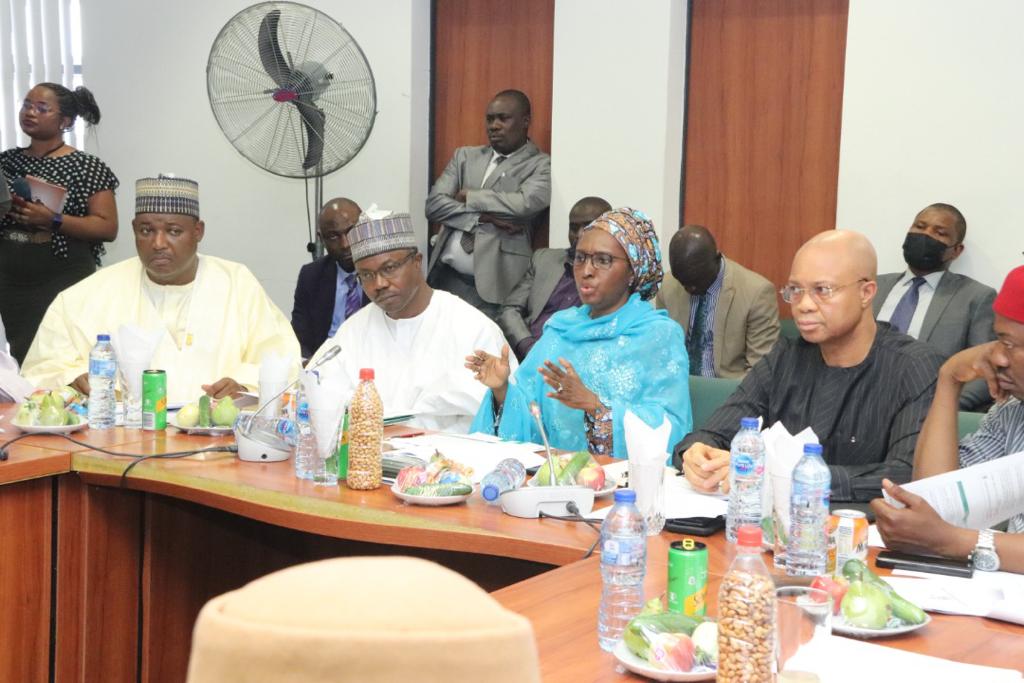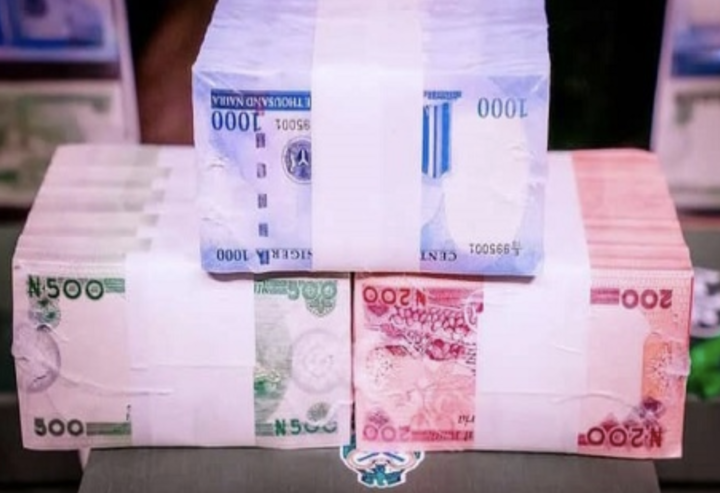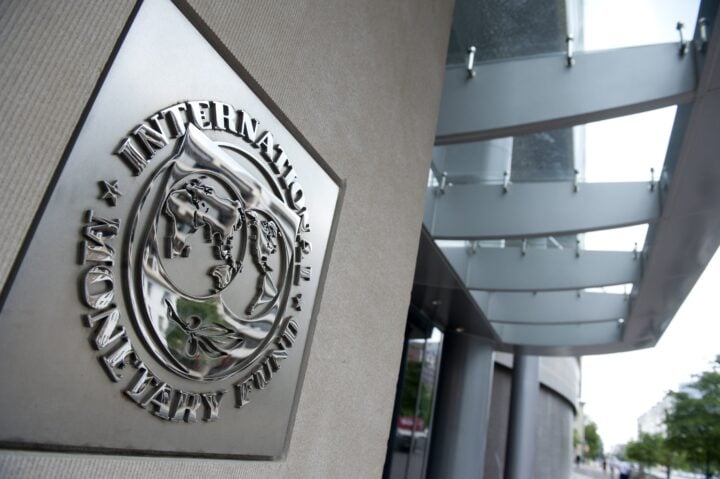Despite some challenges, stakeholders have identified service-based tariffs and the presidential power initiative, in collaboration with Siemens, as some of the gains of Nigeria’s electricity reforms.
The stakeholders, including investors, consultants and government officials, gave their commendations at the just concluded Nigeria Power Sector Awards, NPSA, in Abuja.
Speaking at the event, Ahmed Zakari, special Adviser to the president on power and infrastructure, said the government has taken bold steps to address issues, leading to an increase in generating capacity to about 17,000MW from about 13,000MW.
Zakari said the feat would not have been achieved without much commitment from every stakeholder, stressing that teamwork would be required in moving the sector forward.
Advertisement
Similarly, Bath Nnaji, former minister of power, said the main idea behind privatisation in the electricity sector was to attract investors with technical and financial resources.
“The government wanted companies with the technical and financial capacity to impact the sector. For instance, if the procured asset can generate 900MW but could only transmit 200MW, we expected the investor to invest resources and increase the capacity to 900MW,” he said.
“We also expected the Electricity Distribution Companies (DisCos) to invest their resources targeted at building networks, distribution lines, and prepaid meters to enhance supply to consumers.”
Advertisement
Also speaking, Odion Omonfoman, chairman, organising committee, NPSA 2022, disclosed that DisCos have also executed innovative projects to improve supply to several communities.
“There is no need to reiterate how important electricity and the power sector are to our lives and livelihoods as individuals and businesses,” Omonfoman said.
“However, with an average daily generation output of 4000MW, and renewable energy is just a tiny component of that mix, the power sector is not where we believe it should be. Those who drafted and implemented the electricity reforms and subsequent privatisation exercise must certainly, be disappointed that it hasn’t reached the famous Eldorado.
“But there is progression, no matter how small we imagine the progress in the sector to be. In my view, progress has been made across the power sector value chain.”
Advertisement
He listed some of them as setting up a legal and regulatory framework for the sector, service-based tariffs, mini-grid regulations, and meter asset provider regulations.
Omonfoman said all these have improved electricity supply and overall customer satisfaction to an extent.
“The Presidential Power Initiative in collaboration with Siemens is significant progress in the transmission segment. We have experienced improvements in the distribution segment, where innovative projects by some DisCos have seen several communities enjoy almost near reliable 24 hours electricity supply,” he added.
“There have been payment innovations and better customer services as well. We have moved from queuing for hours with our meter cards and wads of naira notes at PHCN offices to paying our energy bills from the comfort of our homes and phones.
Advertisement
“More importantly, there is a lot of progress in the renewable energy/off-grid space, with the leadership of the Rural Electrification Agency and partners driving progress in that segment. Development partners such as USAID/Power Africa, the UKNAIF, GIZ, the World Bank, the African Development Bank, and other development partners continue to support the sector from an investment perspective and the implementation of reforms and policies that will engender more improvements.”
The power sector award recognised the late Joseph Oyeyani Makoju, former chief executive officer of the National Electric Power Authority. Former President Olusegun Obasanjo, Ahmad Zakari, Godwin Emefiele, governor of the Central Bank of Nigeria, Barth Nnaji, among others, were also awarded.
Advertisement
Add a comment






